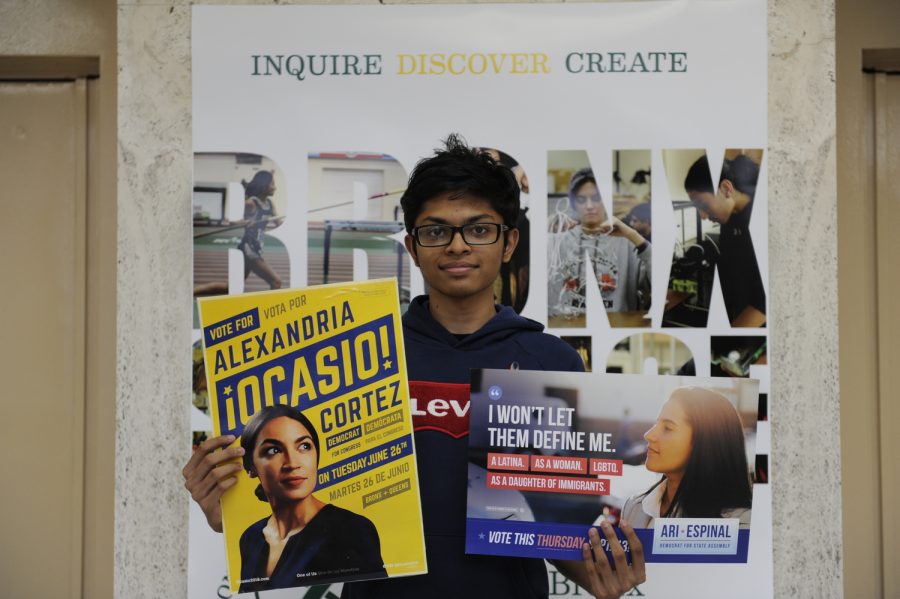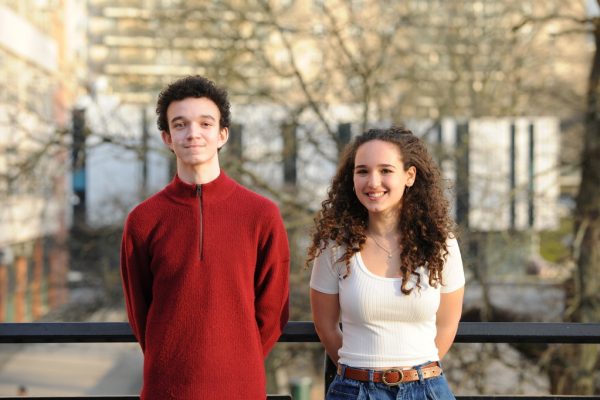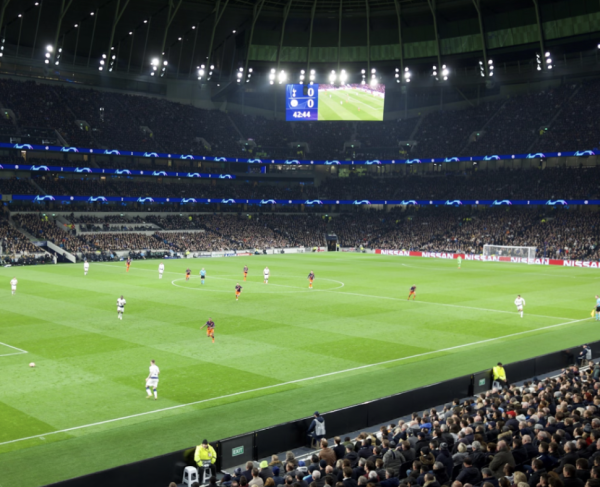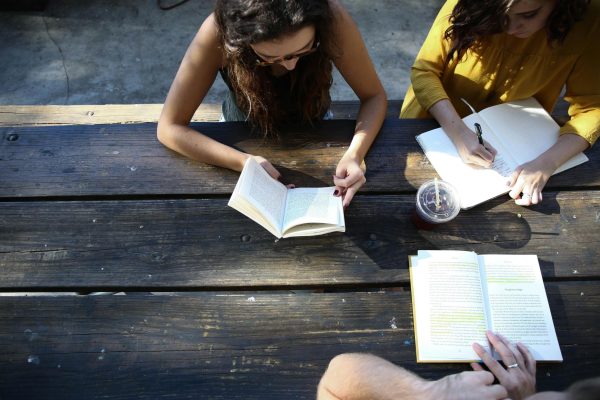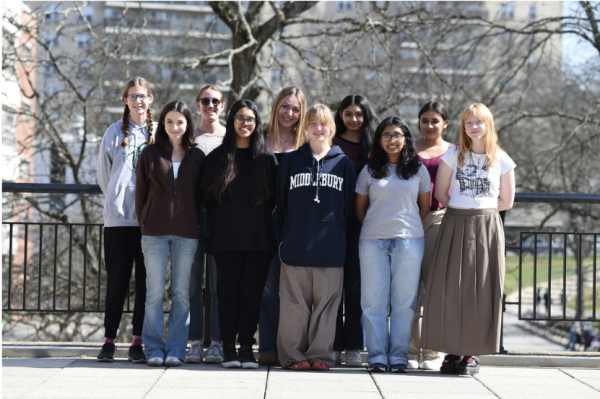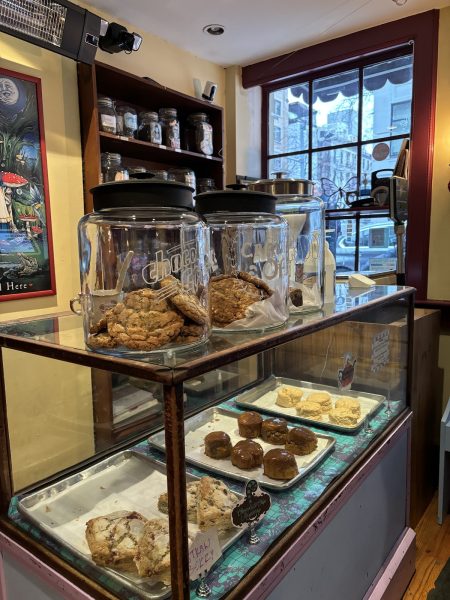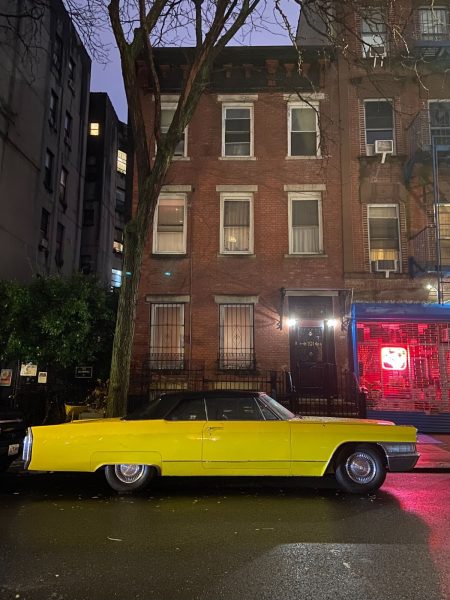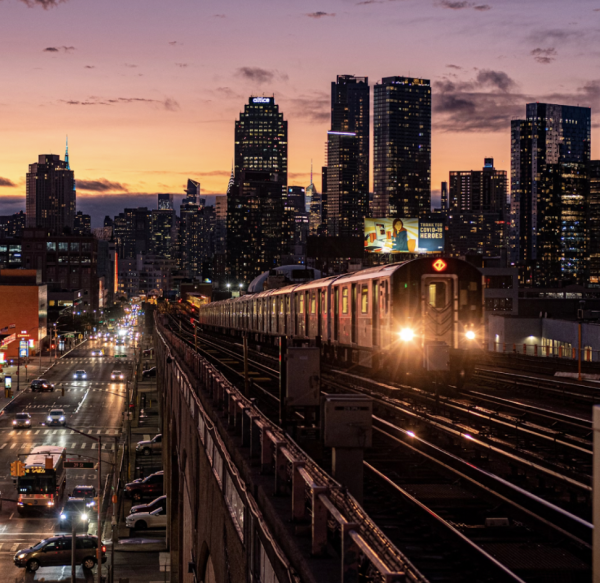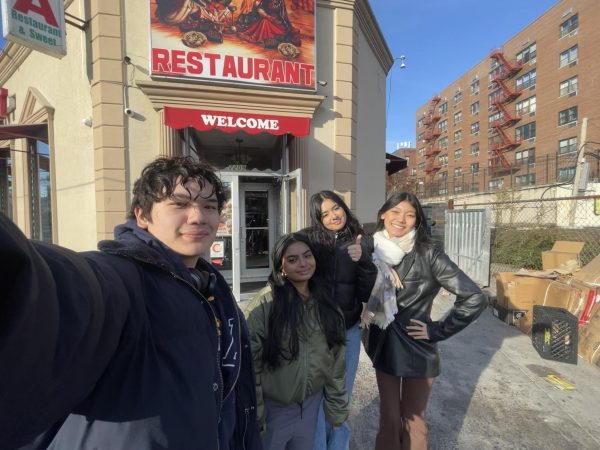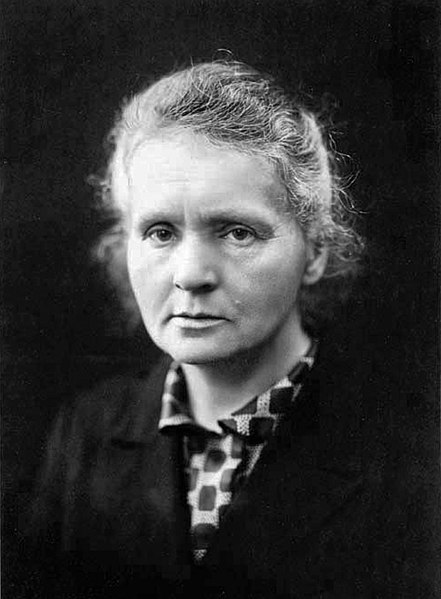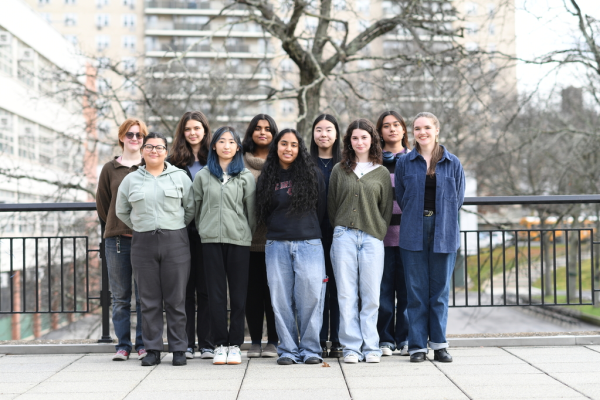Don’t Just Protest, Vote!
Sowad Karim ’19 is passionate about politics and has been involved with a variety of political campaigns in New York.
America is a nation founded on the right to vote, yet in recent years fewer people have been going to the polls and participating in the democratic process. This lack of political participation is especially prevalent in the younger generations. Even as they continue to grow in the majority among the electorate, millennials have a consistently low voter turnout.
This lack of attention toward the democratic process has drastically changed after the 2016 presidential election. Young people who had been ambivalent about politics before had their passion ignited. They began protesting on the streets and participating in walkouts and marches. Not only that, they also began joining campaigns on the national and state level. Young people in America, especially Democrats, began speaking out more, but that does not always translate to voter participation.
“This campaign was specifically targeting my district, which meant that whoever was being elected had a major influence on where I lived. By joining the campaign, I had the ability to make a difference in my community,” said Elton Moy ’19.
Democrats, especially, have had problems with translating their political discontent into actual legal change. Many do not vote, even if they are politically motivated. Yet, in the 2018 primaries, the Pew Research Center found a surge in voter participation from the Democratic party. On average, more Democrats voted in the 2018 Democratic primaries compared to the 2014 primaries. Republicans, however, saw a much smaller bump in voter turnout.
“Every. Vote. Counts,” said Sowad Karim ’19.
Even with this surge, political participation remains worryingly low in America, compared to other democratic nations such as Australia, Denmark, and Germany. Compared to Baby Boomers in their twenties and thirties, millennials in that same age range, on average, participate in fewer elections. Even now, with various studies lauding the primaries for their increase in voter participation, researchers are not optimistic for the 2018 November midterms.
This lack of political participation has a lot to do with a common belief that most young voters hold — their vote does not count. Many feel that participating in elections is pointless since their vote will not make a difference.
“Honestly, can you blame people for their lack of faith? A lot of people vote in states where changing the majority seems impossible,” said Radeha Haque ’21.
However, this belief is slowly starting to change as more young people get involved with politics and learn more about the electoral process.
“Every. Vote. Counts. Voting for president is one thing, neglecting to vote for local leaders is another. You basically lose your voice in what you believe by dealing with only national politics. It’s the people who have the power for great change,” said Sowad Karim ’19.
Karim, who had volunteered for a political campaign earlier this summer, has expressed strong views on the necessity for young people to go out and vote. This is a passion felt by other young people all over the country. More people are participating in government, joining campaigns, and making their mark in government. Yet, Americans still have a far way to go.
The 2018 primaries are a move in the right direction when it comes to voter participation. However, nothing will become concrete until the November 6th midterms. Millennials are choosing to involve themselves in their government to make a change, not just protest in the streets. Likewise, Generation Z has begun to take part in political conversation as well. Political participation in this country, especially in local elections, is increasing. This as a whole is getting America closer to reaching its full potential as a nation built by its people.
Sadia Haque is a Senior Staff Reporter for ‘The Science Survey’ and a Academics Section Editor for ‘The Observatory.’ She finds journalism appealing...

